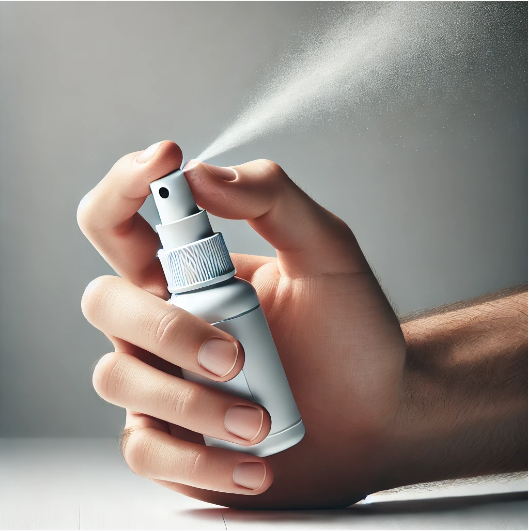Introduction
Antihistamine nasal sprays are a fast acting and effective treatment for allergies providing relief from nasal congestion sneezing and runny nose. Unlike oral antihistamines which take longer to work these sprays target nasal symptoms directly making them ideal for seasonal and year round allergies.
How Do Antihistamine Nasal Sprays Work?
Antihistamine nasal sprays block histamine the chemical responsible for allergy symptoms. By applying the medication directly to the nasal passages these sprays provide localized relief within minutes reducing symptoms like itchy nose sneezing and congestion.
Common Antihistamine Nasal Sprays
Several prescription and over the counter antihistamine nasal sprays are available:
1. Azelastine (Astelin Astepro)
- Fast acting Works within 15 minutes.
- Reduces sneezing congestion and postnasal drip.
- Can be used for seasonal and perennial allergies.
2. Olopatadine (Patanase)
- Provides long lasting relief for allergic rhinitis.
- Less drying than other nasal sprays.
- Suitable for both children and adults.
Benefits of Antihistamine Nasal Sprays
- Rapid Relief Starts working faster than oral antihistamines.
- Direct Action Targets nasal symptoms without affecting the rest of the body.
- Non Drowsy Options Less likely to cause drowsiness compared to first generation antihistamines.
- Can Be Used with Other Allergy Medications Safe to combine with steroid nasal sprays or oral antihistamines.
Side Effects of Antihistamine Nasal Sprays
While generally safe these sprays can have some side effects:
- Bitter Taste Some users experience a bitter aftertaste.
- Nasal Dryness or Irritation Can cause mild discomfort.
- Drowsiness (Rare) More common in sensitive individuals.
- Headache Occasional side effect.
How to Use an Antihistamine Nasal Spray Correctly
- Blow Your Nose Clears out mucus for better absorption.
- Shake the Bottle Ensures even distribution of medication.
- Tilt Your Head Slightly Forward Helps the spray stay in your nasal passages.
- Spray and Inhale Gently Avoid sniffing too hard to prevent it from going into your throat.
- Wait Before Blowing Your Nose Again Allow the medication to work.
Who Should Avoid Antihistamine Nasal Sprays?
- People with Severe Nasal Irritation May worsen dryness.
- Individuals with Glaucoma Consult a doctor before use.
- Pregnant or Breastfeeding Women Only use under medical advice.
Conclusion
Antihistamine nasal sprays offer quick and effective relief for allergy sufferers targeting sneezing congestion and nasal itching. They work faster than oral antihistamines and have fewer systemic side effects. If nasal allergies are a problem an antihistamine nasal spray could be a great addition to your treatment plan.
